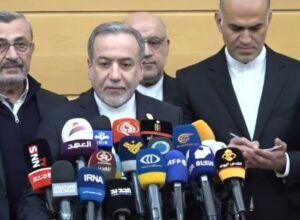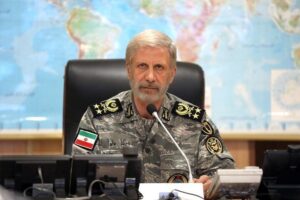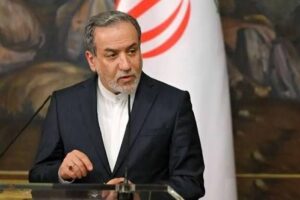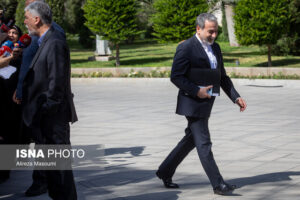In a detailed interview with Khamenei.ir, Larijani, who also serves as the Leader’s representative in the council, argued that negotiation bears fruit when the other side realizes that war has no function and seeks to resolve issues through diplomacy.
“But if it intends to use negotiation as a pretext for another [war], then this is not a proper negotiation,” he said, referring to the Israeli-US war on Iran in June.
Larijani stated that the condition for holding real negotiations is that the other side abandons its pressure tactics with the aim of making Iran surrender and realizes that “Iranians are not kind to surrender.”
Israel launched the large-scale assaults against Iran on June 13. Washington also joined the Israeli war and bombed three of Iran’s main nuclear facilities on the pretext of preventing Iran from what it claimed to be developing nuclear weapons. The war was halted on June 24 after Israel was forced to cease its aggression unilaterally.
During the interview, Larijani also recounted key events during the ceasefire period with the Israeli regime and addressed the challenges facing the Islamic Republic.
He outlined how these issues were managed, ranging from the nuclear negotiations and the responsibilities of the Supreme National Security Council to matters concerning the resistance front, the so-called “snapback” mechanism, and the Armenia-Azerbaijan agreement.
Larijani also highlighted efforts to remedy defense shortcomings and strengthen Iran’s offensive military capabilities, while assessing the role of political and media currents.
He emphasized that the country’s top priority remains solving the people’s problems.

Aragchi says Lebanon visit focuses on regional security
Iranian Foreign Minister Abbas Araghchi arrived in Lebanon on Thursday afternoon to hold talks with the Arab country’s officials. Speaking upon arrival at Beirut’s Rafic






